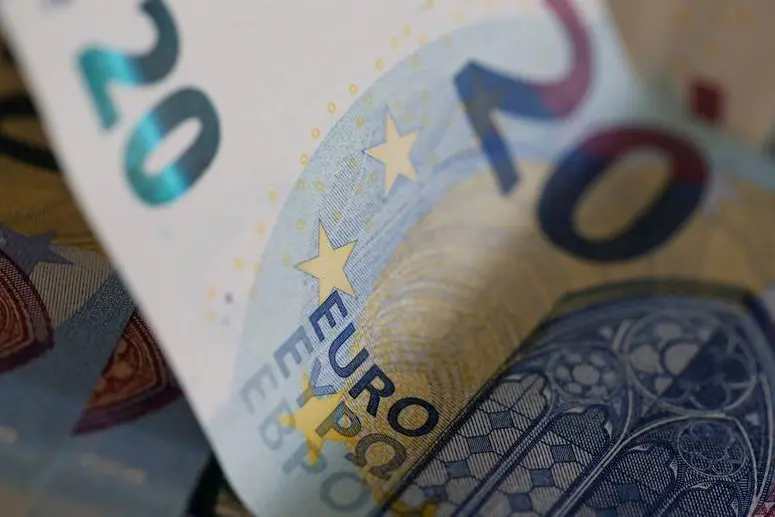PHOTO
WARSAW/BRUSSELS- The European Union could soften demands in trade talks that Britain follow its state aid rules, diplomats and officials have said, just as the bloc's own splurge to cushion the hit from the coronavirus has stretched its competition rules.
EU sources following Brexit described seeking a compromise as Brussels and Britain, which left the bloc in January, intensify talks on their relationship from 2021, when London's standstill transition agreement ends.
The negotiations have so far made little progress. Britain wants a trade deal with no tariffs or quotas and few strings, while the EU wants a closer alliance that would also cover security, climate and transport, and to align regulations closely between the world's largest trading bloc and its fifth biggest economy.
State aid goes to the heart of a particularly key contentious issue: the "level playing field" guarantees of fair competition.
The EU says they are essential to open its cherished single market of 450 million people to British products without the risk of being undercut by laxer standards.
London rejects being bound by EU state aid rules since escaping the bloc's laws and jurisdiction was a major Brexit promise to voters.
LANDING ZONE
The 27 EU member states' joint negotiating mandate stipulates that the United Kingdom should follow the bloc's state aid rules in the future, a notion Britain's negotiator David Frost called "particularly egregious".
An EU diplomat following Brexit talks in Brussels also said it was "unattainable".
"A possible 'landing zone' could be taking a snapshot at the end of the transition period to define common standards from which the sides would not slip," the diplomat said.
Sam Lowe, senior research fellow at the Centre for European Reform, said the EU could assess whether UK rules, rather then being identical, achieved a similar effect to its own.
"The EU would still have the possibility to guard itself by reinserting tariffs in future," he said.
An EU official dealing with Brexit dismissed the idea of such tariffs, but said the bloc was looking to narrow the gap:
"On state aid, it's authorities committing not to rig the game. It's not saying you can't ever intervene. But the EU is saying: 'We have to have the same philosophy and approach for the future'."
EU member states' recent state aid bonanza - during which the bloc's executive approved more than 2.2 trillion euros in support schemes to companies struggling under the coronavirus downturn - has highlighted how dynamic the area is.
"It's hard to talk about something like rules of state aid with the UK while everything is shifting in the European Union itself," said Gabriel Felbermayr, president of the Kiel Institute for the World Economy.
(Reporting by Gabriela Baczynska; Editing by Kevin Liffey) ((gabriela.baczynska@thomsonreuters.com; +32 2 287 68 39; Reuters Messaging: gabriela.baczynska.thomsonreuters.com@reuters.net))





















